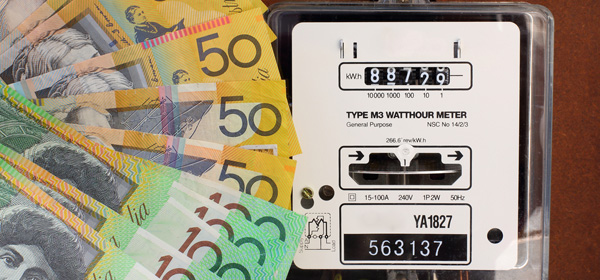Electricity bills are a significant part of household expenses for many Australians. It’s crucial to ensure that every dollar spent is getting the best possible value. However, the Australian Competition and Consumer Commission (ACCC) has recently highlighted a concerning trend: millions of Australians could be overpaying for electricity simply because they haven’t shopped around for a better deal.
The ACCC’s findings are a wake-up call for those who have remained with the same energy provider year after year. According to the consumer watchdog, as many as four in five households could reduce their electricity bills by actively seeking out more competitive rates or by negotiating with their current providers. By taking control of your energy plan and costs, you can potentially save hundreds of dollars each year.
The concept of a ‘loyalty penalty’ is not new, but the ACCC’s report underscores how it can significantly impact your finances over time. If you haven’t switched electricity plans in the last year, chances are you’re paying a premium for your loyalty. ACCC commissioner Anna Brakey urges Australians to use the holiday period as an opportunity to compare energy plans on websites like Energy Made Easy or Victoria Energy Compare.
The ACCC’s report, which covers the National Energy Market including NSW, Victoria, South Australia, and southeast Queensland, reveals that customers on flat rate market offers that are two or more years old are paying on average 16.9 per cent, or $317, more annually than those on newer offers. This discrepancy highlights the importance of staying engaged with the market and regularly reviewing your energy plan.
Despite the potential savings, many Australians still find the process of switching providers daunting. Taylor Blackburn, a personal finance expert at Finder, acknowledges that there’s a perception that changing energy providers is a hassle. However, he reassures that the process is much simpler than it seems, often as easy as making a phone call.
Blackburn also advises consumers to be wary of introductory offers that may expire, leaving them on higher rates. He suggests marking down expiry dates as a reminder to reassess your plan.
According to the commission, over 80 per cent of Australian households within the National Electricity Network could lower their bills by comparing options or contacting their energy provider.
While energy companies are now required to inform customers of cheaper available plans, the ACCC found that more than a third of customers are still on plans that are two years or older. Confusion around marketing terms like ‘best offer’ or ‘better offer’ may contribute to this inertia, with some retailers using these labels for both new and old plans.
Interestingly, the ACCC’s report also notes that residential customers have seen a 4 per cent reduction in energy prices on average between August 1, 2023, and August 1, 2024. However, these reductions have not been enough to offset the price increases experienced from 2022 to 2023, meaning that many are still paying more than they did before the market volatility in mid-2022.
Treasurer Jim Chalmers points out that energy prices are decreasing due to a combination of reforms, more consumers shopping around, stronger competition among retailers, and improved conditions in international energy markets.
Have you switched energy providers recently, or do you have any tips for securing a better deal? Share your experiences and advice in the comments below to help others save on their electricity bills!
Also read: What your electricity retailer may not want you to know

